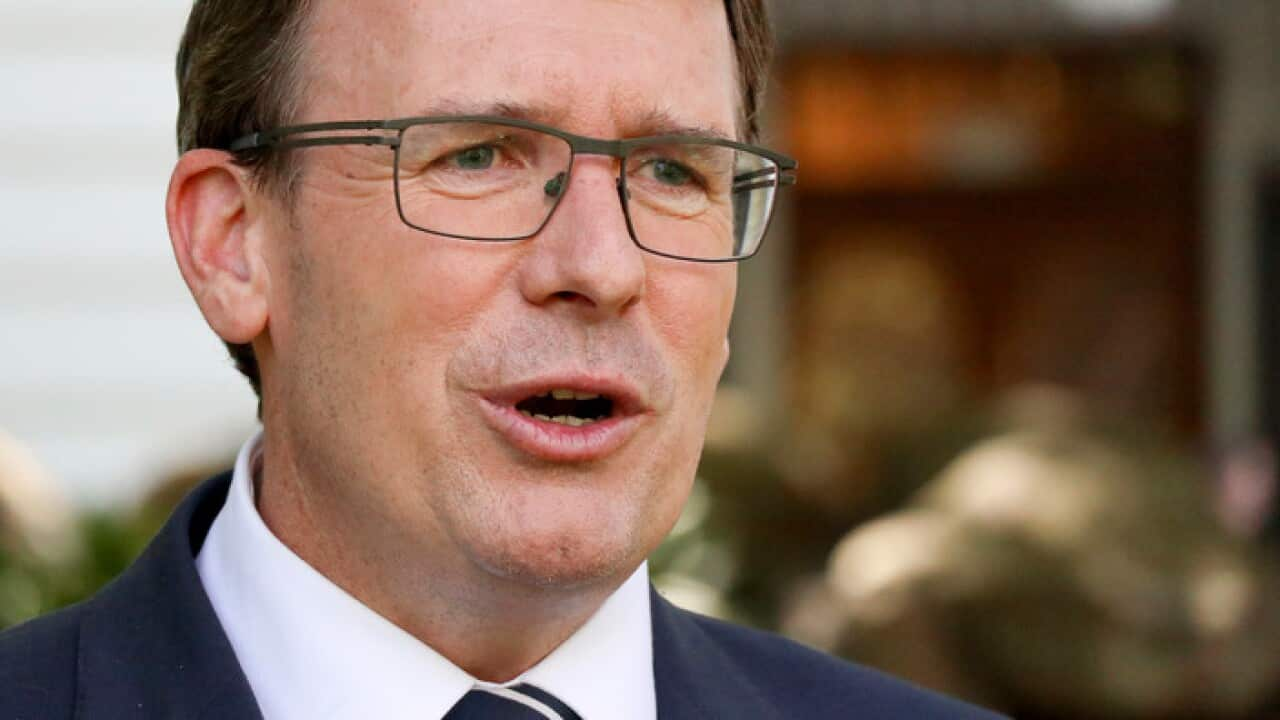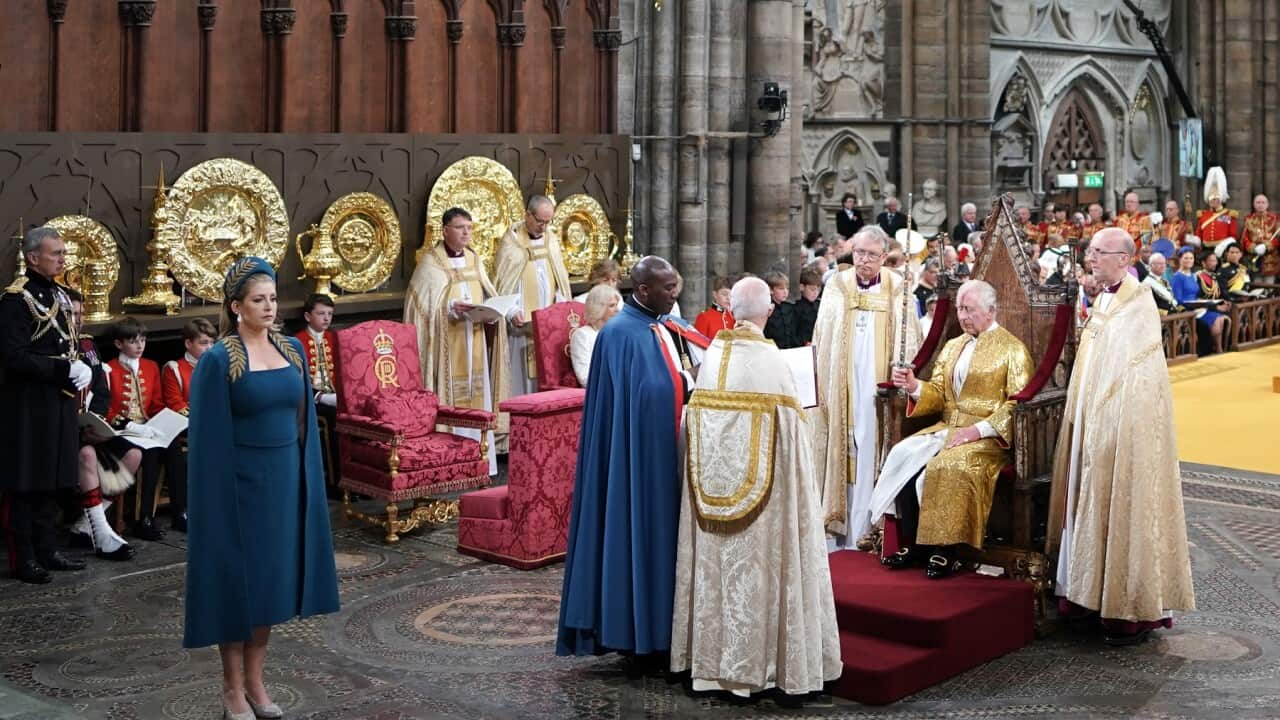Citizenship and Multicultural Affairs Minister Alan Tudge says data showing growing clusters of overseas-born Australians who tend to lack English skills is problematic because English levels affect employment prospects.
But the leaders of various support services say it is a natural process and not a cause for concern.
Mr Al-Khafaji says Welcome to Australia aims to create a more inclusive society for people of all cultures.
But he says it is natural that migrants gravitate towards one another.
"Naturally, when somebody arrives to a new place, when you're trying to migrate halfway around the world, people naturally try to settle somewhere where they feel welcome, they feel part of the community and they feel included. And that can sometimes be near their support services, whether that's the community centre or religious centre. And that's why, sometimes, we see some high concentrations of migrants sticking together."
Alan Tudge says that lack of integration presents a wider issue in migrant communities.
Mr Tudge has told Sky News that data from the Scanlon Foundation's annual Mapping Social Cohesion report shows more migrants are distancing themselves from non-migrant communities.
"The main issue which is emerging, and the data is showing this, is that we're getting increasing clusters of the overseas-born in particular pockets, often overlaid with lack of English being spoken. And that obviously makes it more difficult for integration to occur. And what we don't want to see is parallel communities emerge, like you sometimes see in Europe. We want to maintain our own successful model of multiculturalism, which is much more based on communities blending together and merging together, rather than sitting side-by-side."
But Settlement Council of Australia chief executive Nick Tebbey says Australia has a successful migration model and there is no need for change.
Mr Tudge maintains limited English skills are preventing migrants from seeking and gaining employment.
He says the report shows it is a particular problem for people who arrive through humanitarian programs.
The University of Sydney Business School's Diane van den Broek ((VAN-den-brook)) says most migrants, including refugees and asylum seekers, are actively looking for employment, though.
Nick Tebbey, with the Settlement Council of Australia, says migrants will need the initial welfare support to establish themselves in Australia.
"It's beholden on us to support them and make sure they are able to take the time they need to adjust to a new world, a new life. And, definitely, part of that is getting a job. They're not coming here because they want to rely on welfare for the long term. The reality is, though, that they need some level of government support while they find their feet."




